Advertisement
How to Reduce High Cholesterol with Simple Home Remedies
Updated: Nov 6, 2024
Advertisement
Cholesterol, a waxy substance produced by the liver, plays an essential role in the body's functions. Found in certain foods, cholesterol is crucial for cell health, Vitamin D production, and creating hormones and bile, which aids digestion. There are two types of cholesterol – HDL, or "good" cholesterol, and LDL, known as "bad" cholesterol. While HDL helps reduce heart disease risk by supporting healthy blood vessels, too much LDL can lead to clogged arteries. This blockage hinders circulation and raises the risk of heart attacks, strokes, and blood clots. Though doctors often recommend medications like statins, you can also tackle high cholesterol naturally with these simple remedies.
Cut Back on Trans Fats
Trans fats are among the unhealthiest fats, known for spiking LDL cholesterol to dangerous levels. Regularly consuming trans fats can increase the chances of developing conditions like Alzheimer's disease, type 2 diabetes, and liver disorders. These fats are often found in processed foods, fried items, and baked goods like margarine, doughnuts, and cakes. Always check labels to steer clear of trans fats. A great substitute for margarine is spreads based on plant sterols and stanols, which may lower LDL cholesterol by nearly 15%.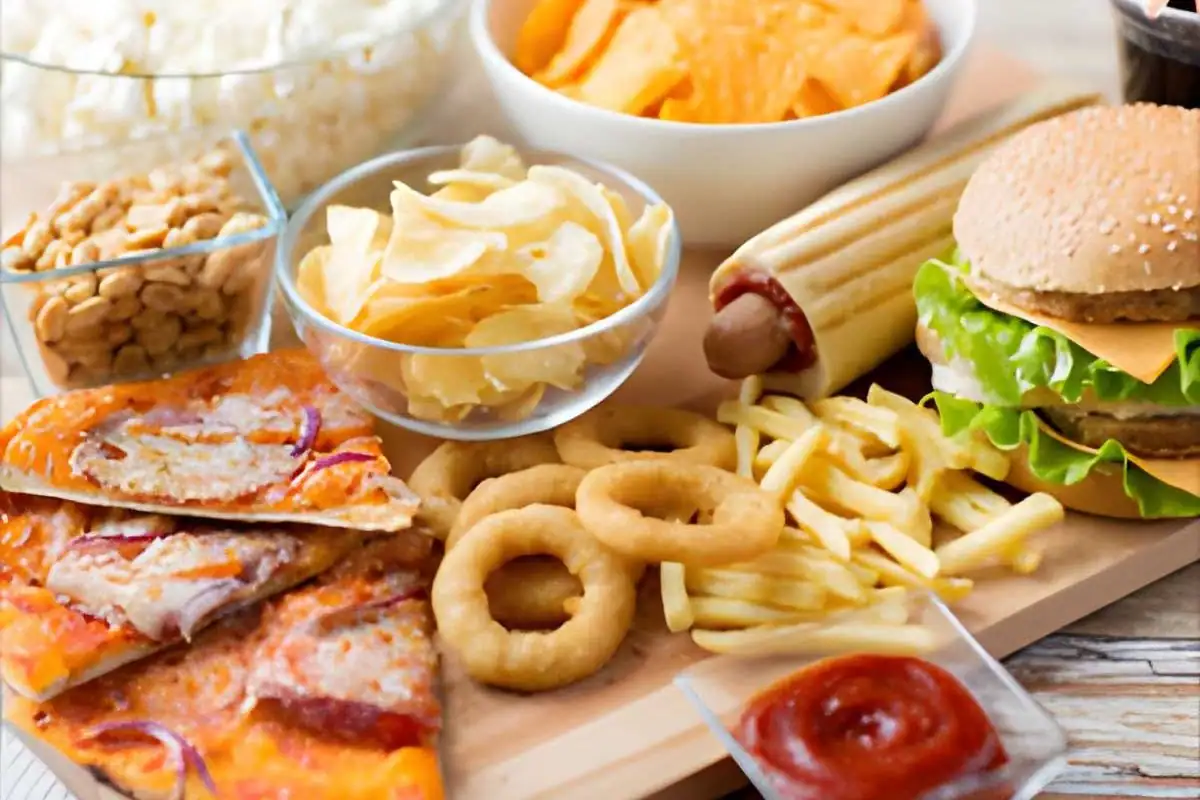
Advertisement
Start Your Day with Oatmeal
Oatmeal is rich in soluble fiber, which limits the body's fat absorption, making it a powerhouse breakfast choice. Studies reveal that individuals consuming at least one cup of oatmeal daily can reduce their LDL cholesterol by up to 24%. Beyond cholesterol, oatmeal helps balance blood sugar levels and supports the immune system. Talk about a breakfast that does it all!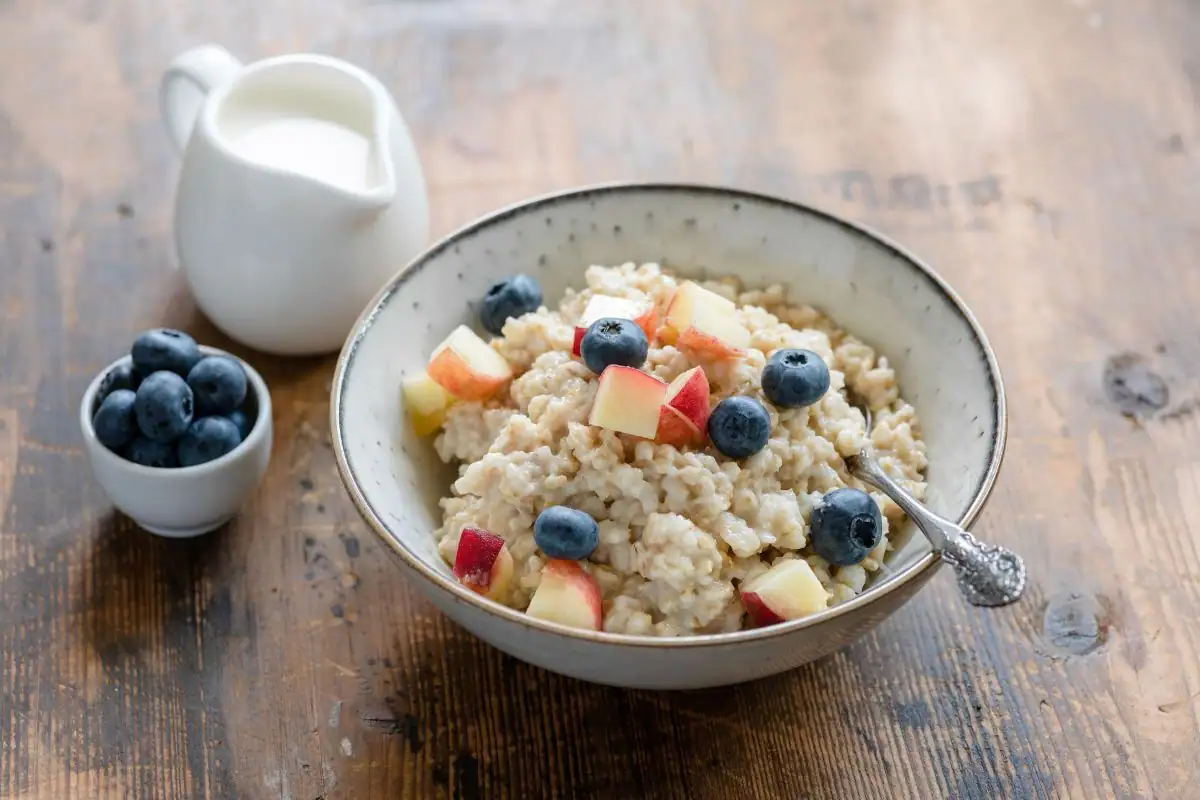
Advertisement
Exercise Regularly
Exercise isn't just a "nice-to-have"; it's essential. Whether you prefer jogging, swimming, or hiking, any physical activity will help lower LDL cholesterol and boost heart health. Regular exercise also reduces blood pressure, strengthens the heart, and improves blood vessel health. For those who are overweight, physical activity can be especially helpful in lowering LDL levels.
Advertisement
Enjoy a Glass of Orange Juice
Orange juice is packed with vitamin C, benefiting everything from digestion to skin health. Interestingly, orange juice also positively impacts cholesterol. Research shows that drinking three glasses a day can increase HDL (good cholesterol) by over 20% and lower the LDL-to-HDL ratio by 16%. Just make sure to choose a juice with no added sugars for maximum benefit.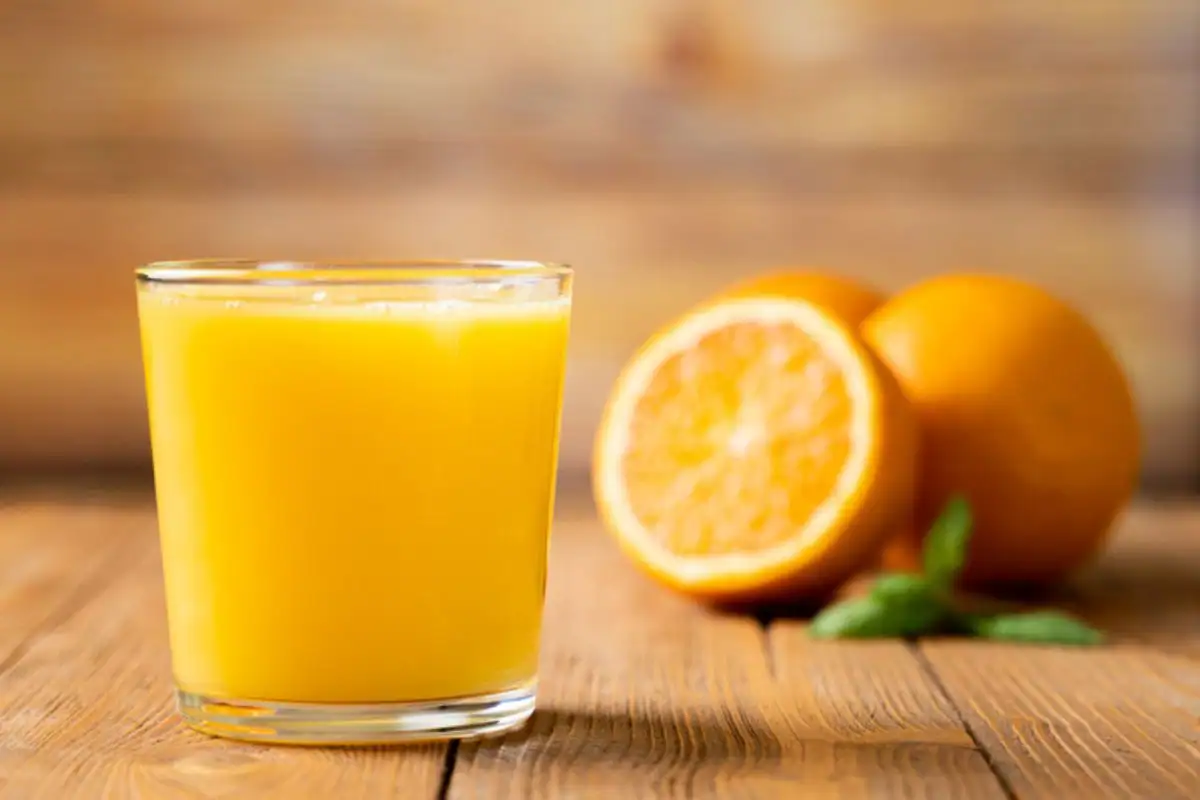
Advertisement
Limit Frying
Cutting back on fried foods is beneficial for everyone, not just those dealing with high cholesterol. Opt for steaming, boiling, or lightly sautéing with olive oil instead. Including more fresh fruits and vegetables in your diet can make a big difference. Additionally, select lean meats and reduce red meat consumption to manage cholesterol better.
Advertisement
Sip Coriander Seed Tea
Coriander seeds have been shown to lower total cholesterol levels. With hypoglycemic properties, they also help regulate blood sugar. To make coriander tea, add two teaspoons of ground seeds to a cup of boiling water. Strain the tea and add a splash of milk or a spoonful of honey for taste. This simple tea is both refreshing and beneficial.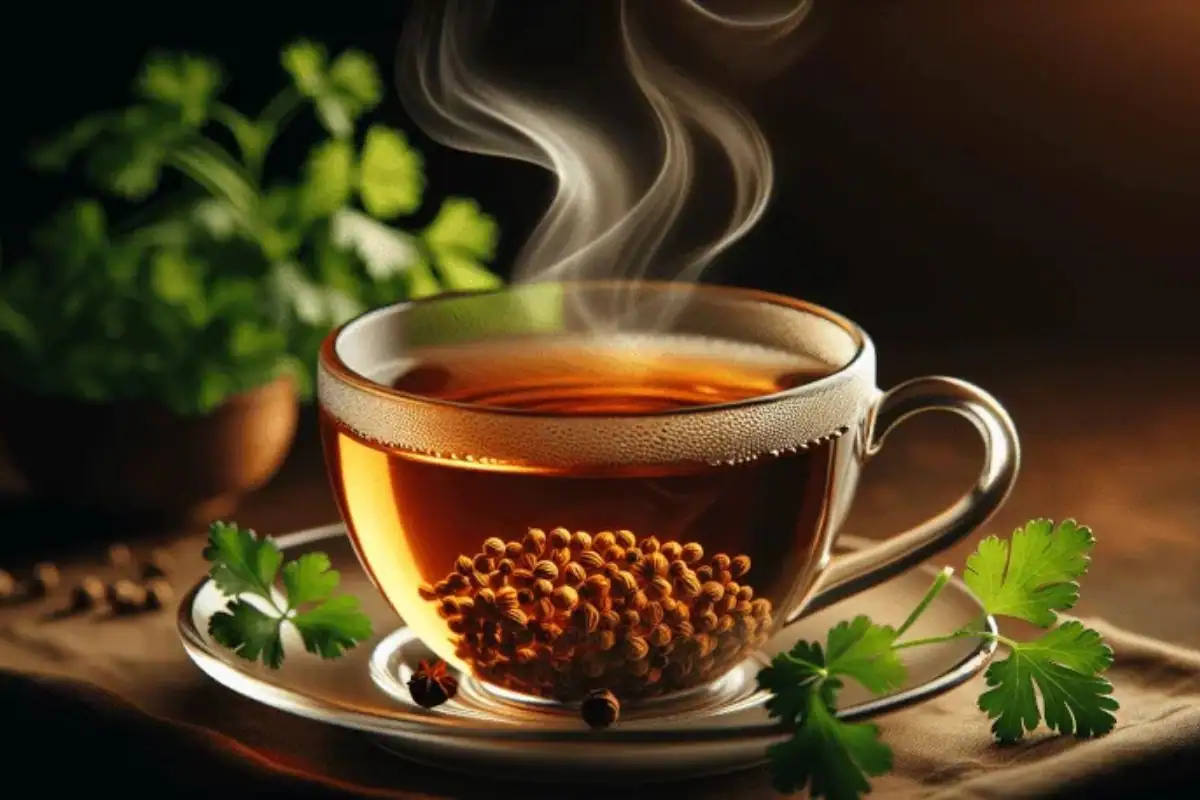
Advertisement
Snack on Nuts
Nuts like walnuts, almonds, and hazelnuts are excellent for reducing high cholesterol levels. This benefit is partly due to their fiber and plant sterol content. Walnuts, with their high omega-3 fatty acid levels, are especially beneficial. Choose unsalted, natural varieties, and remember – a small handful is all you need, as nuts are high in calories.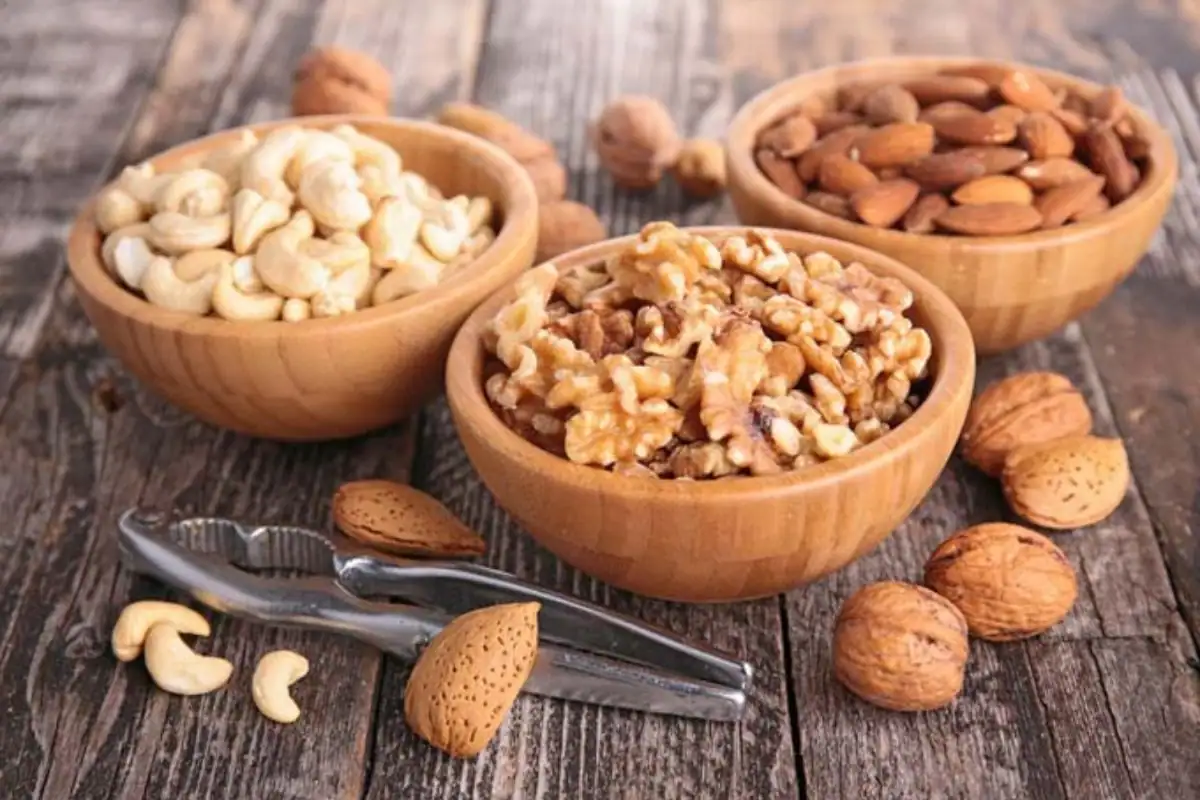
Advertisement
Give Indian Gooseberries a Try
Indian gooseberries, known for their tart flavor, have been proven to lower total cholesterol without impacting HDL levels. If the taste of fresh gooseberries isn’t for you, try a teaspoon of powdered gooseberries mixed with warm water daily. This routine can significantly improve cholesterol management over time.
Advertisement
Boost Omega-3 Fatty Acids
Increasing omega-3 fatty acids can be as simple as adding more tuna or salmon to your diet. For vegetarians or non-fish eaters, ground flaxseed is an excellent alternative. Sprinkle two tablespoons of flaxseed onto your breakfast oatmeal or salad for a quick cholesterol reduction of about 18%. Another option is taking a 1,000 mg fish oil supplement twice daily.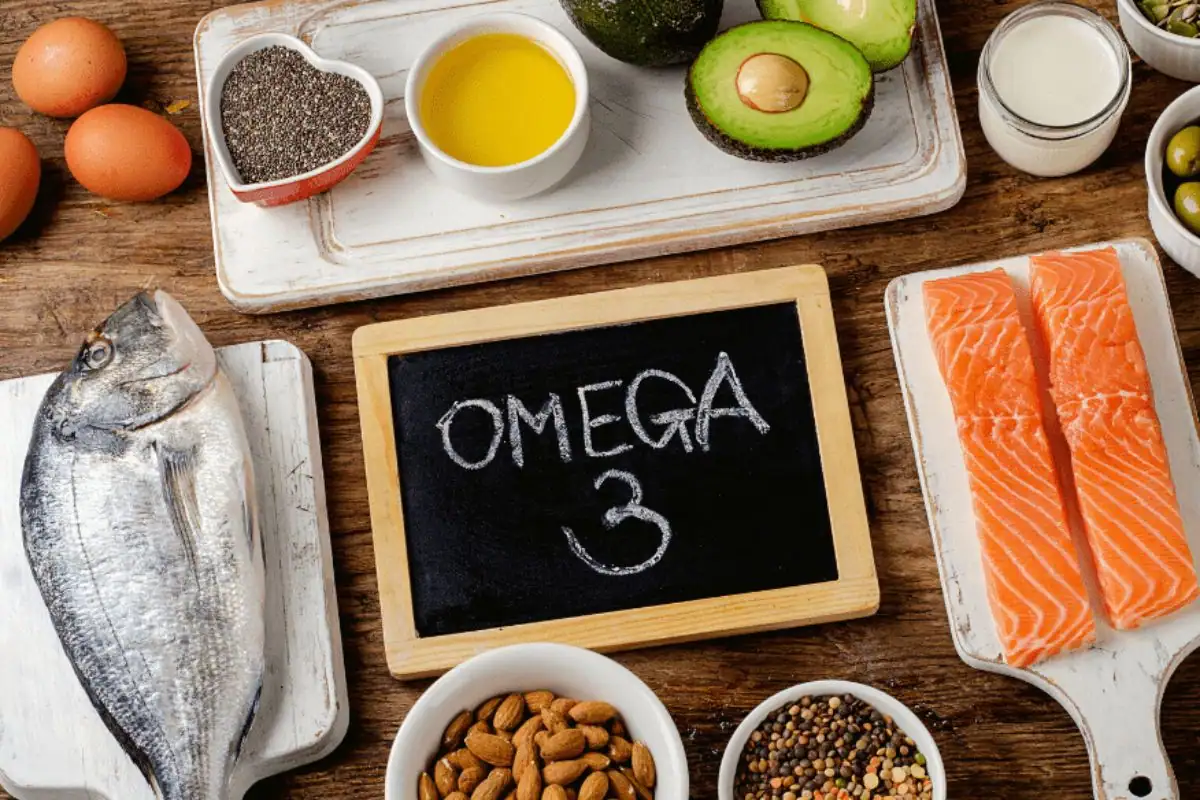
Advertisement
Consider Red Yeast Rice
Popular in traditional Chinese medicine, red yeast rice is created by fermenting rice with a type of yeast that blocks cholesterol production. Early studies show it may lower LDL cholesterol by up to 26% within two months. Red yeast rice is available at health stores but consult with your doctor if you're on medications like statins, certain antidepressants, or antifungals. A typical daily dose is around 2,400 mg.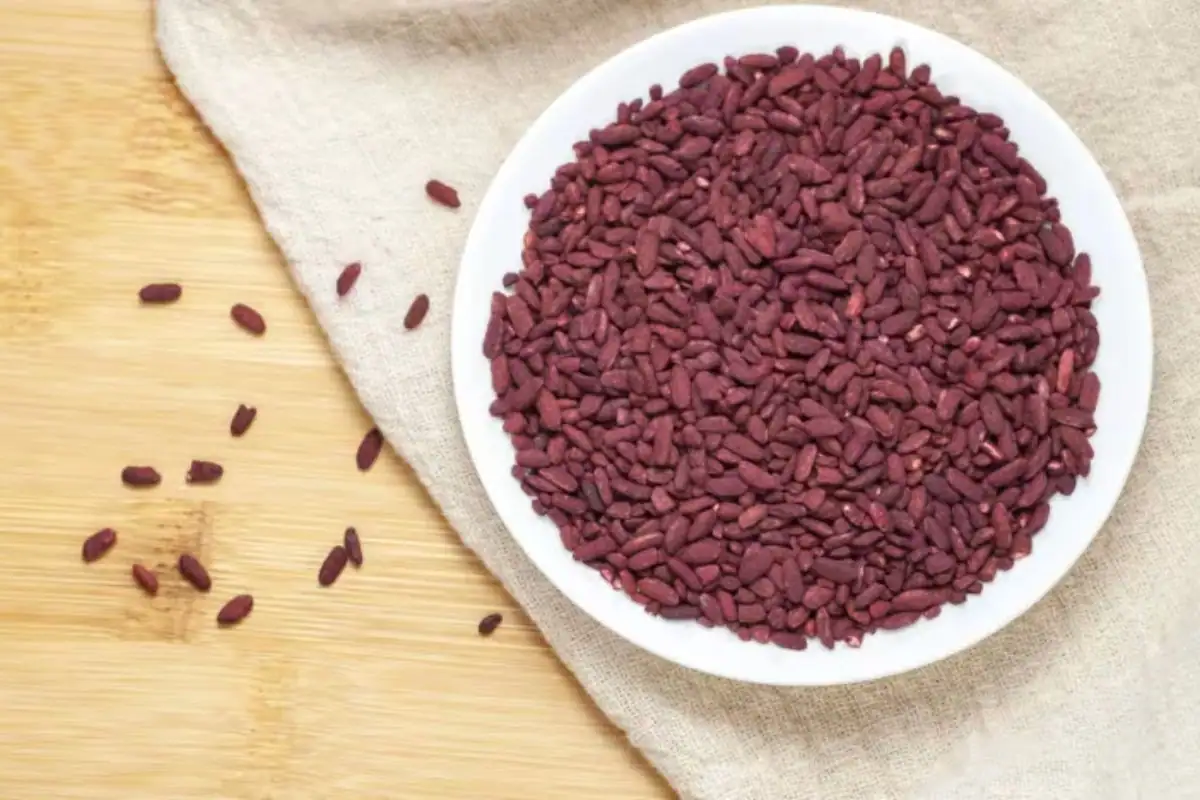
Advertisement
Scroll downfor the Next Article
.png)




